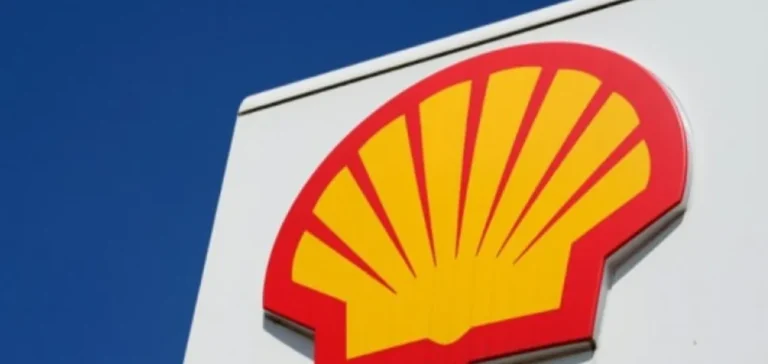Shell UK has commenced operations at the Victory gas field, located approximately 47 kilometres northwest of the Shetland Islands in the North Sea. The extracted gas is connected directly to an existing pipeline system, transported to the Shetland Gas Plant, and then delivered to the St Fergus terminal on the Scottish mainland. This development supports domestic production serving UK households, businesses, and power generation.
Targeted output and integration efficiency
The Victory field operates through a single subsea well, tied into existing infrastructure. This approach reduces development costs and avoids building new offshore facilities. Production is expected to peak at 150 million standard cubic feet per day, equivalent to approximately 25,000 barrels of oil per day. This volume could supply nearly 900,000 homes annually.
Shell anticipates that most of the recoverable gas will be extracted by the end of the decade, maintaining the role of national resources in a tight energy market.
Strategic deployment in the North Sea
The decision to bring Victory online is part of a broader effort to maximise existing assets in the North Sea. The field was developed near operational infrastructure, allowing for accelerated deployment without major investment in new subsea transport systems.
Shell UK considers fields like Victory to be essential to the country’s energy security. By focusing on projects linked to existing facilities, the company aims to keep UK Continental Shelf production cost-competitive.






















